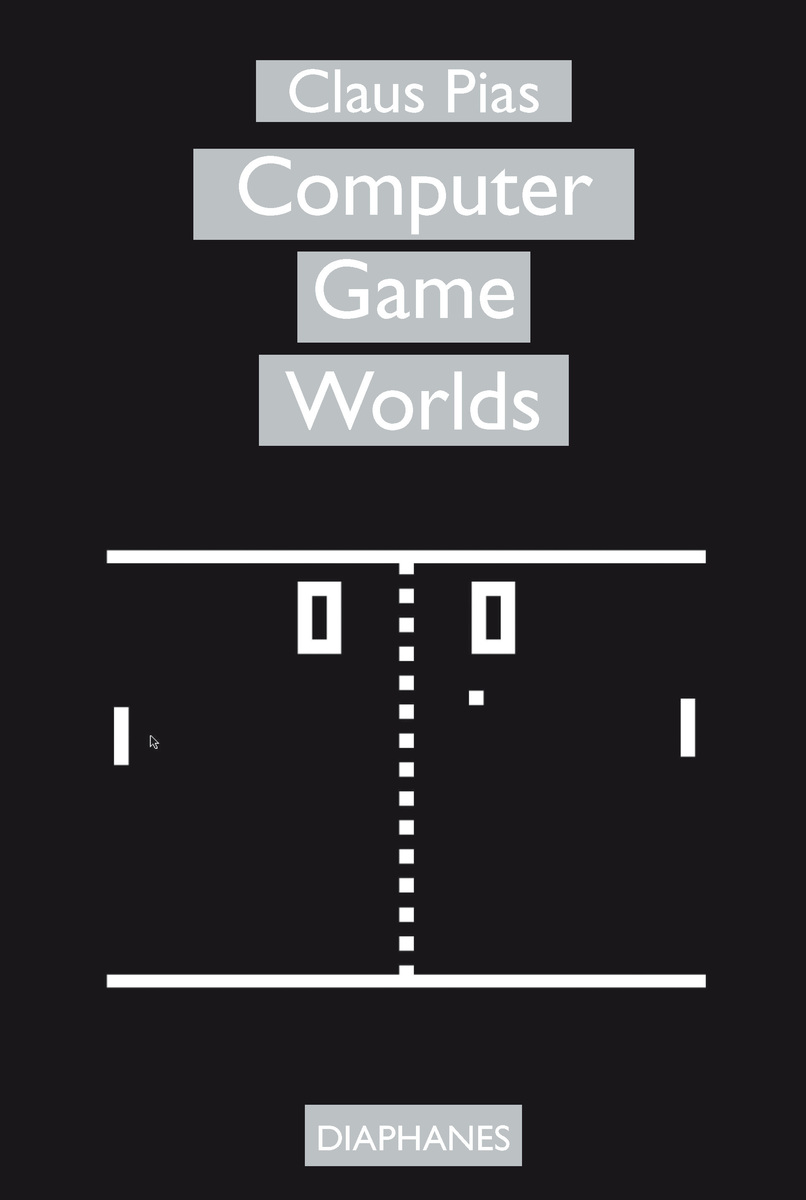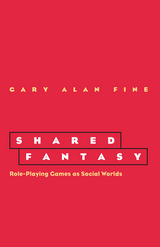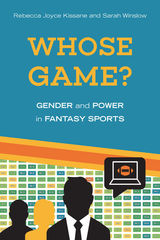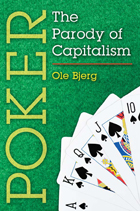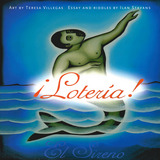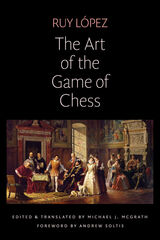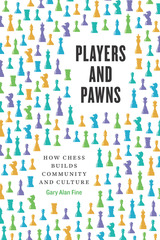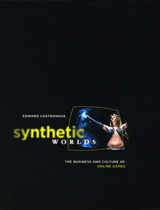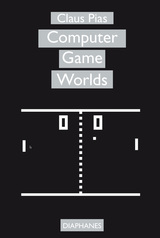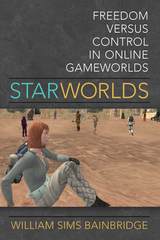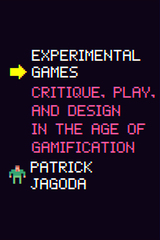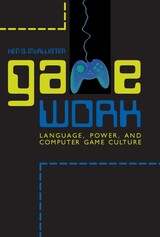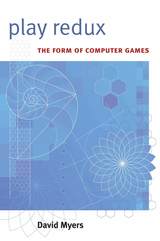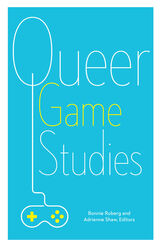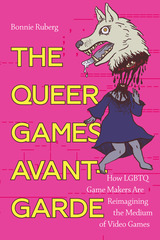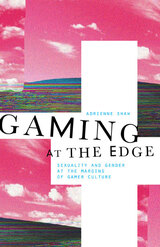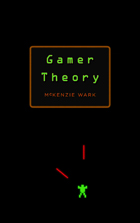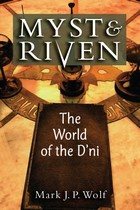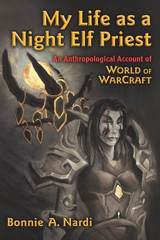Computer Game Worlds
Diaphanes, 2017
Paper: 978-3-0358-0013-5 | eISBN: 978-3-0358-0012-8 (PDF)
Library of Congress Classification GV1469.15.P5313 2017
See other books on: Computer games | Electronic games | Pias, Claus | Programming | Video games
See other titles from Diaphanes
Paper: 978-3-0358-0013-5 | eISBN: 978-3-0358-0012-8 (PDF)
Library of Congress Classification GV1469.15.P5313 2017
ABOUT THIS BOOK | AUTHOR BIOGRAPHY | REVIEWS | TOC
ABOUT THIS BOOK
Computer games have become ubiquitous in today’s society. Many scholars have speculated on the reasons for their massive success. Yet we haven’t considered the most basic questions: Why do computer games exist? What specific circumstances led to the creation of this entirely new type of game? What sorts of knowledge facilitated the requisite technological and institutional transformations?
With Computer Game Worlds, Claus Pias sets out to answer these questions. Tracing computer games from their earliest forms to the unstoppable commercial and cultural phenomena they have become today, Pias then provides a careful epistemological reconstruction of the process of playing games, both at computers and by computers themselves. The book makes a valuable theoretical contribution to the ongoing discussion about computer games.
With Computer Game Worlds, Claus Pias sets out to answer these questions. Tracing computer games from their earliest forms to the unstoppable commercial and cultural phenomena they have become today, Pias then provides a careful epistemological reconstruction of the process of playing games, both at computers and by computers themselves. The book makes a valuable theoretical contribution to the ongoing discussion about computer games.
See other books on: Computer games | Electronic games | Pias, Claus | Programming | Video games
See other titles from Diaphanes
